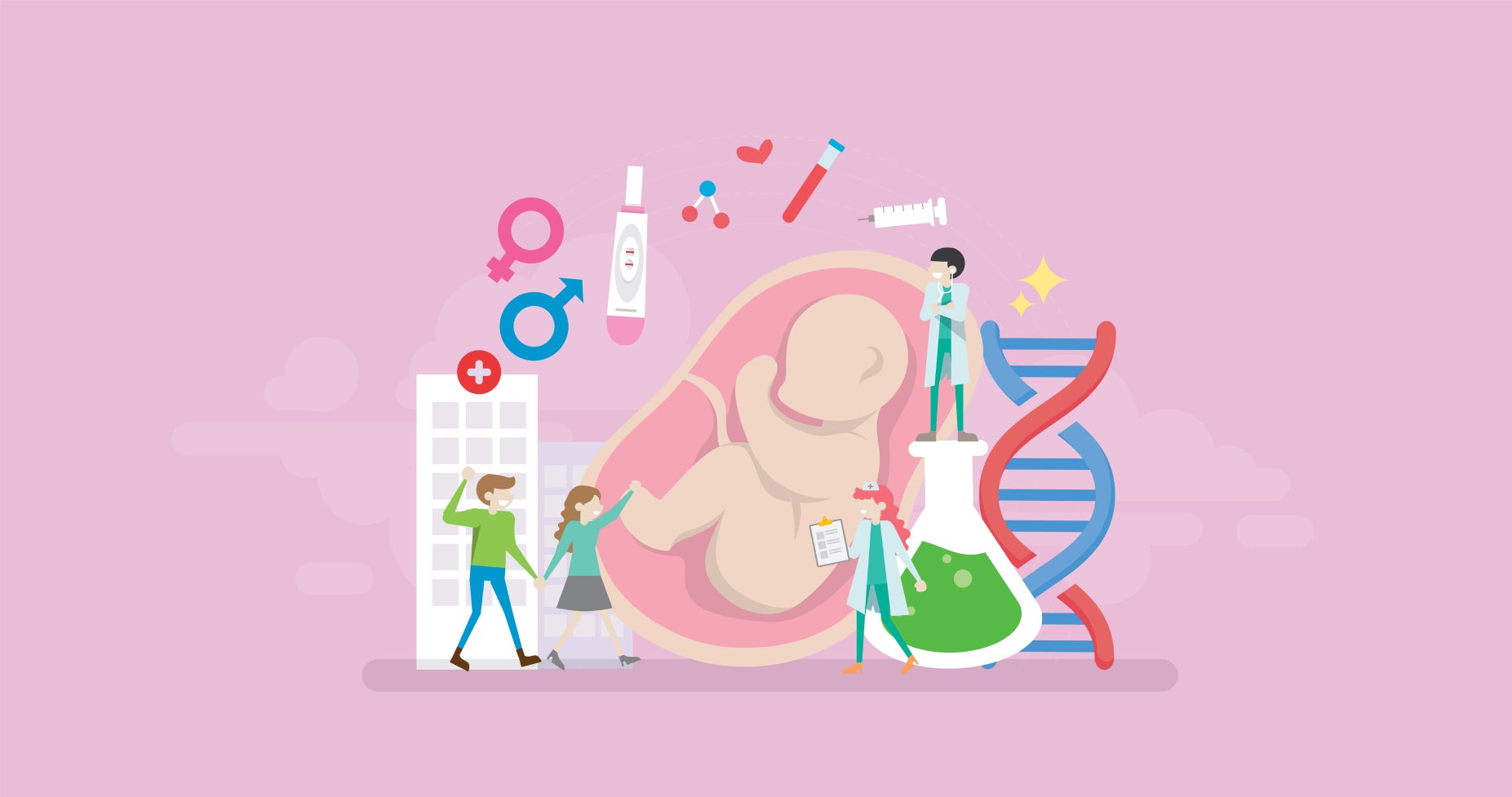
In vitro fertilisation (IVF) is one of several techniques that can help the one in seven couples who will struggle to conceive. An egg is removed from the ovary of the person who will be carrying the child, and artificially fertilised with sperm in a laboratory. The embryo is then returned to the uterus. It can be carried out using eggs and sperm from donors, as well as a pregnant person and their partner, making it a viable option for individuals and couples experiencing infertility for a variety of different reasons.
However, the success rates for IVF are contingent on both the cause of infertility and the age of the person undergoing the procedure. According to the UK NHS, success rates for IVF are around 29% for women under 35, gradually decreasing to only 2% for women aged over 44.
Alife founder and CEO Paxton Maeder-York says: “Successful pregnancies from IVF, which is extremely costly and can have low success rates, rely on a complex set of clinical decisions made by physicians to deliver the optimal care for each patient.”
What is Alife?
Founded in 2020, Alife is a San Francisco-based artificial intelligence (AI) company that has yet to release any products but aims to create a software platform to support clinical decision-making during the IVF process. The company recently raised $9.5m in a seed funding round, which it will use to develop the platform and prepare it for regulatory review.
“The amazing thing about machine learning is that it can incorporate lessons from hundreds of thousands of cases from all over the world to enhance its ability to create customised treatment recommendations,” says Maeder-York. “This can be a huge asset to physicians and patients. Alife’s technology doesn’t replace clinical judgement made by the amazing doctors working in this field; it’s meant to be another tool for them to use to improve efficacy.”
The platform will use clinical data from numerous sources to inform the recommendations it makes to clinicians.
How well do you really know your competitors?
Access the most comprehensive Company Profiles on the market, powered by GlobalData. Save hours of research. Gain competitive edge.

Thank you!
Your download email will arrive shortly
Not ready to buy yet? Download a free sample
We are confident about the unique quality of our Company Profiles. However, we want you to make the most beneficial decision for your business, so we offer a free sample that you can download by submitting the below form
By GlobalDataMaeder-York says: “Today, the IVF process is very manual and differs greatly from clinic to clinic. This diversity is actually an asset to the field because what one clinic in one part of the country does may be better for some patients, and the protocols at a different clinic in another part of the country might be best for another group of patients.
“The problem is how to disperse these learnings and deliver them as a tool back to clinicians, and this is exactly what AI can do. It can look at hundreds of thousands of patient experiences and find patterns so that when a new patient comes in for care, we can leverage the learnings from all those previous cases and clinical practices to optimise their chances of success.”
One of the areas where AI has potential to be most useful is the prioritisation of transferrable embryos. Using pattern recognition, the software can reference the data set to make recommendations on which embryos could be the most successful for an individual patient.
AI is set to have a big impact on IVF and fertility treatments
Alife has spent the last year working on how exactly to implement the technology, developing its team and connecting with clinics to collect data. It has also been recruiting an advisory board of leading clinicians, recently adding Deena Shakir, a partner at Lux Capital, to its board of directors.
Mader-York says the company is working closely with the US Food and Drug Administration (FDA) to demonstrate the safety and efficacy of its system, performing rigorous internal tests as well as conducting studies with major clinical institutions into the efficacy of the product.
Several companies have been exploring AI as a way to improve IVF success, including Embryonics, which uses a database of millions of anonymised patient records to inform IVF decision-making, and Presagen, a start-up using AI to enhance women’s healthcare across the board, which has thus far launched Life Whisperer, a platform that uses AI to assess 2D images of embryos for their likelihood of success in IVF.
Big pharma has also taken an interest. Philips and Merck partnered in January this year to develop personalised fertility treatments, using remote patient monitoring, AI-enabled ultrasound and cloud-based services.
This story was originally published on Medical Device Network, part of the GlobalData network.



